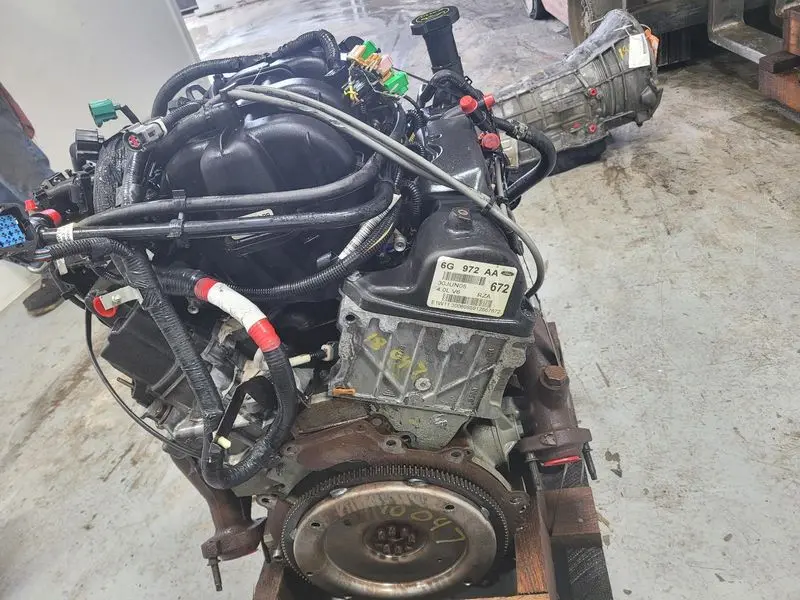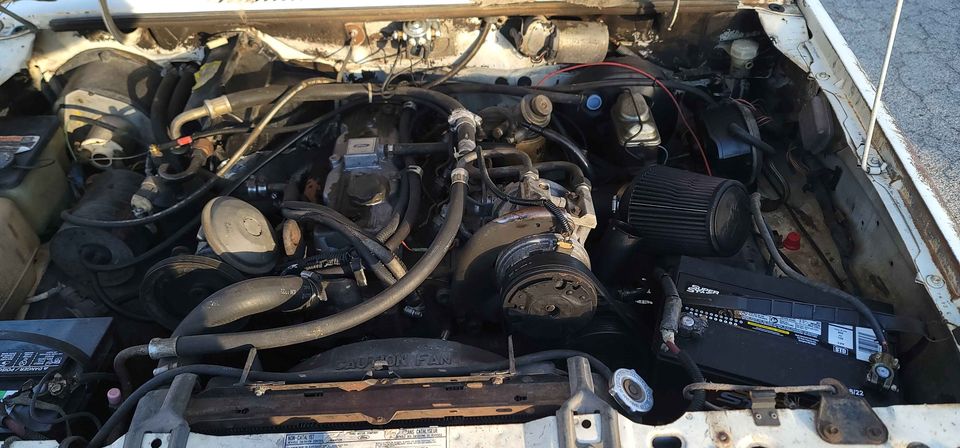What Makes a Car Engine Run Smoothly: Top Tips for Optimal Treatment
The smooth procedure of an automobile engine is basic to both efficiency and long life, making ideal care a crucial responsibility for lorry owners. What certain steps should you prioritize to ensure your engine stays in peak condition?
Routine Oil Adjustments
One of one of the most crucial facets of cars and truck upkeep is ensuring your engine obtains normal oil modifications. Engine oil lubricates interior components, minimizes friction, and aids preserve optimum operating temperatures. Over time, oil breaks down as a result of warmth, pollutants, and the all-natural results of burning, bring about lowered performance and possible engine damages.
Many producers advise changing the oil every 5,000 to 7,500 miles, yet this period can vary based upon driving problems and oil kind. For example, synthetic oils might enable for longer periods in between modifications. Routine oil changes not only boost engine performance yet also improve fuel efficiency, as clean oil promotes smoother operation.
Overlooking oil changes can result in sludge buildup, which hinders flow and can lead to severe engine concerns. It is essential to check oil degrees on a regular basis and keep track of for any kind of unusual changes in shade or consistency, which can show contamination or degradation.

Preserving Coolant Levels
Preserving proper coolant levels is vital for protecting against engine getting too hot and ensuring ideal efficiency. The coolant, usually a combination of water and antifreeze, distributes via the engine, taking in warm and avoiding thermal anxiety. Not enough coolant can bring about increased engine temperatures, which might create severe damage or even total engine failure.
To keep ideal coolant levels, regularly examine the coolant storage tank, normally located in the engine bay. Guarantee the coolant is filled up to the suggested mark, as shown in your automobile's owner manual. It is suggested to check the degrees at the very least when a month or eventually trips, especially throughout severe weather.
If you see that the coolant degree is constantly reduced, there may be a leak in the air conditioning system, which need to be dealt with without delay to avoid more problems. 2.2 ford ranger engine. In addition, flushing the coolant system every two to 3 years can help get rid of any kind of built up particles and make certain reliable warmth exchange
Monitoring Air Filters

It is suggested to inspect the air filter every 12,000 to 15,000 miles, or more often if driving in dirty or damaging problems. A straightforward visual inspection can often reveal whether the filter is dirty or damaged. It needs to be changed immediately. if the filter shows up stained or has noticeable dirt buildup.
Utilizing a high-quality air filter developed for your particular vehicle design can further boost engine performance. In addition, some cars may gain from recyclable filters that can be cleansed and re-installed, offering a affordable and eco-friendly choice.
Inspecting Flicker Plugs
Spark plugs are essential components of a lorry's ignition system, directly influencing engine performance and effectiveness. They create the stimulate that stirs up the air-fuel combination in the burning chamber, assisting in the engine's power generation. Normal inspection of spark plugs is essential for keeping ideal engine feature and stopping prospective concerns.
Dark soot or oil deposits can indicate improper burning, while a blistered or white appearance might recommend overheating. Both conditions require immediate attention to prevent additional engine damages.
It's recommended to inspect see it here ignition system every 30,000 miles, or as advised in your automobile's proprietor guidebook. Additionally, take into consideration replacing them according to the maker's standards, as old or used trigger plugs can lead to misfires, lowered gas efficiency, and increased discharges.
Monitoring Tire Pressure
Under-inflated tires can lead to decreased gas efficiency, increased tire wear, and endangered handling. Routine surveillance of tire stress is necessary for optimal car operation.
Tire pressure must be inspected at the very least as soon as a month and soon trips. Use a reliable tire stress gauge to gauge the pressure when the tires are cold, ideally prior to the lorry has actually been driven for at the very least 3 hours. Refer to the car's proprietor handbook or the placard located on the motorist's side door jamb for the maker's recommended stress levels.
It is necessary to note that tire pressure can fluctuate with changes in temperature; a decline of 10 ° F can lead to a 1-2 psi decline in pressure. Furthermore, aesthetically examine tires for any kind of indicators of wear or damages during your tracking regimen. Preserving proper tire pressure not just enhances automobile security yet likewise boosts fuel performance and lengthens tire life, eventually adding to a smoother engine efficiency.
Verdict
In verdict, preserving a vehicle engine's smooth procedure needs persistent interest to numerous vital aspects. Ultimately, an aggressive method to engine treatment is essential for making sure integrity and functionality over time.
One of the most critical elements of car upkeep is ensuring your engine receives routine oil changes. Engine oil lubricates interior components, minimizes rubbing, and helps keep ideal operating temperatures. Routine oil changes not just boost engine efficiency yet also enhance fuel performance, as tidy oil promotes smoother operation.
Insufficient coolant can lead to raised engine temperatures, which may trigger extreme damage or also complete engine failure.
